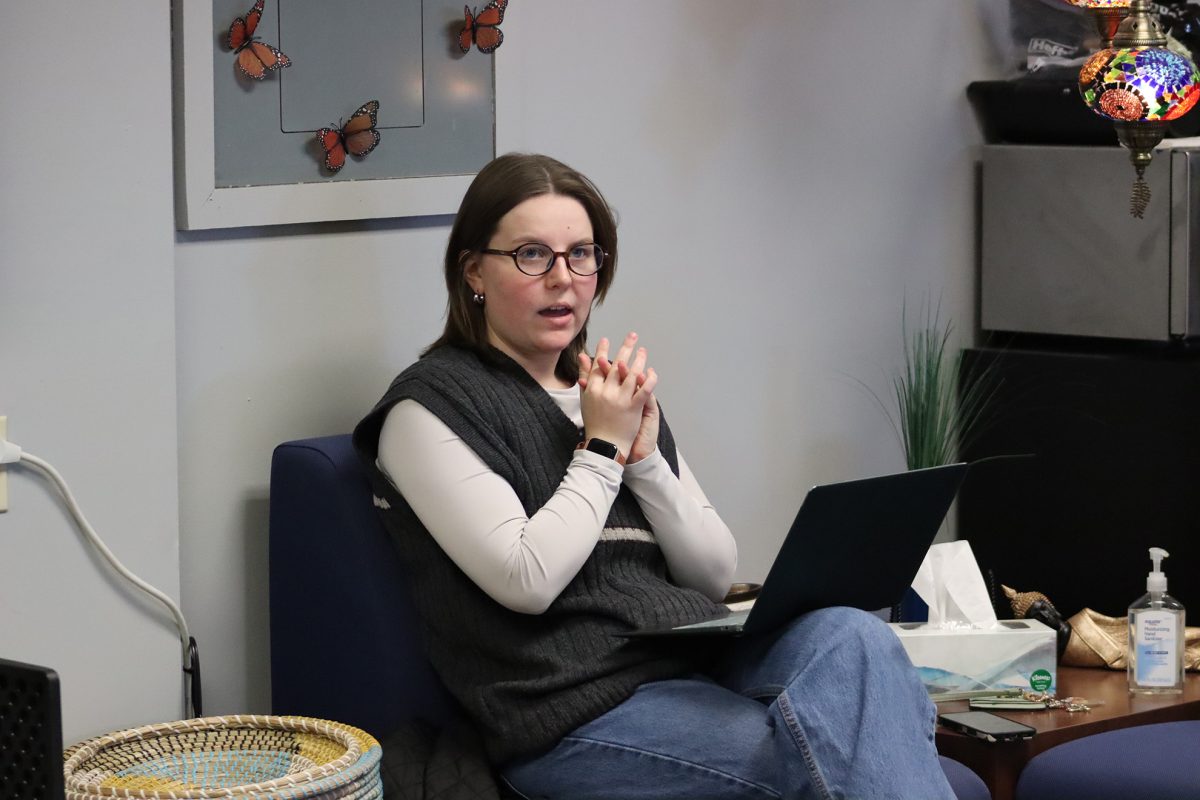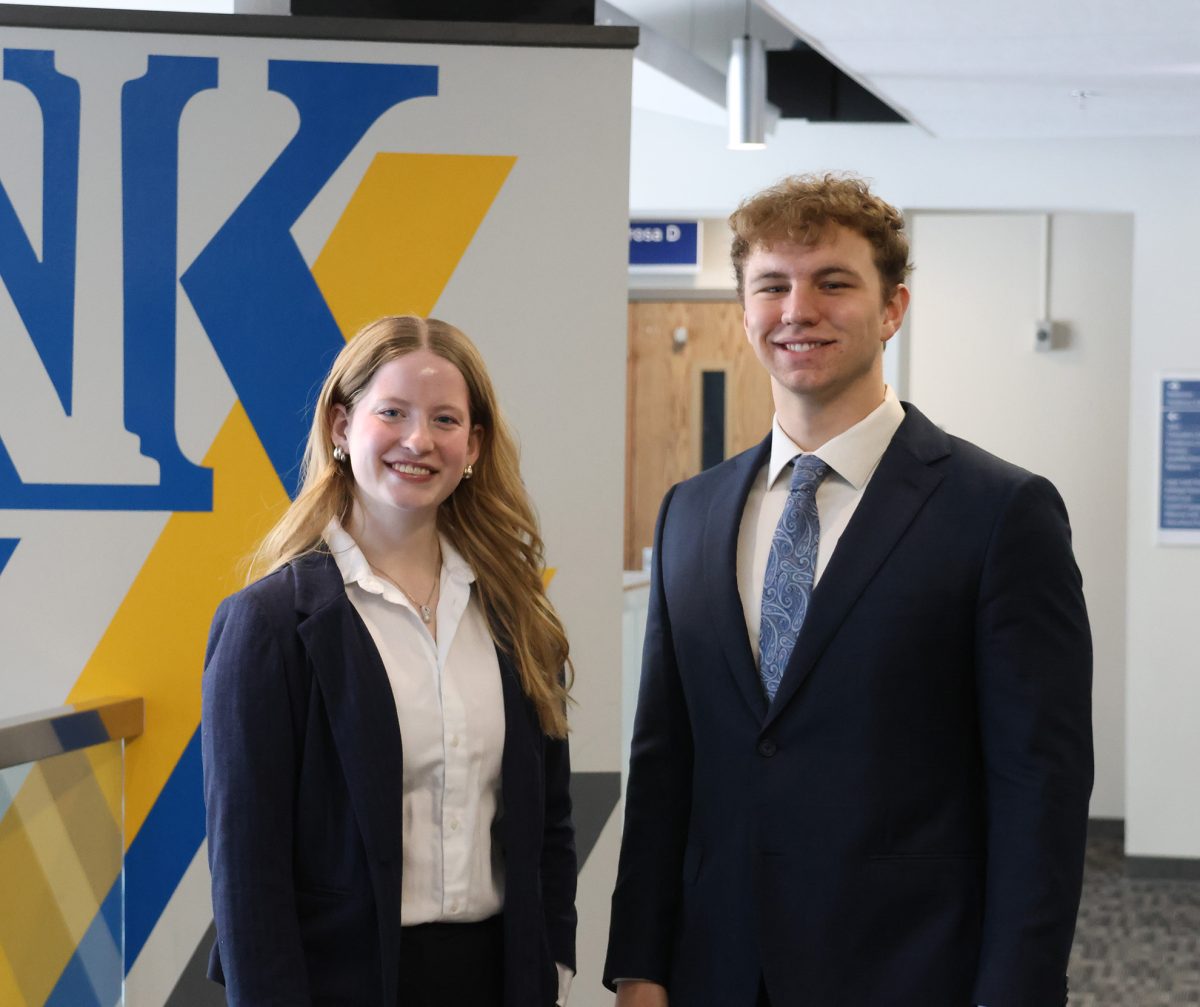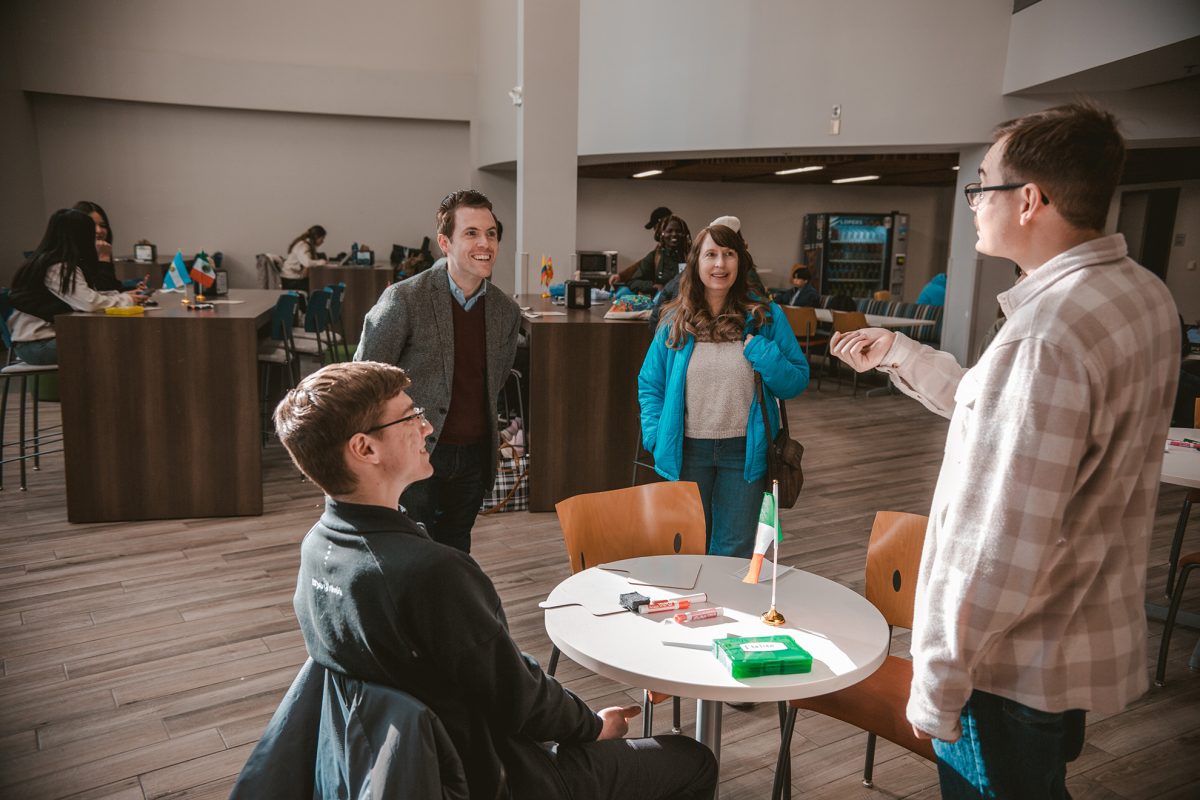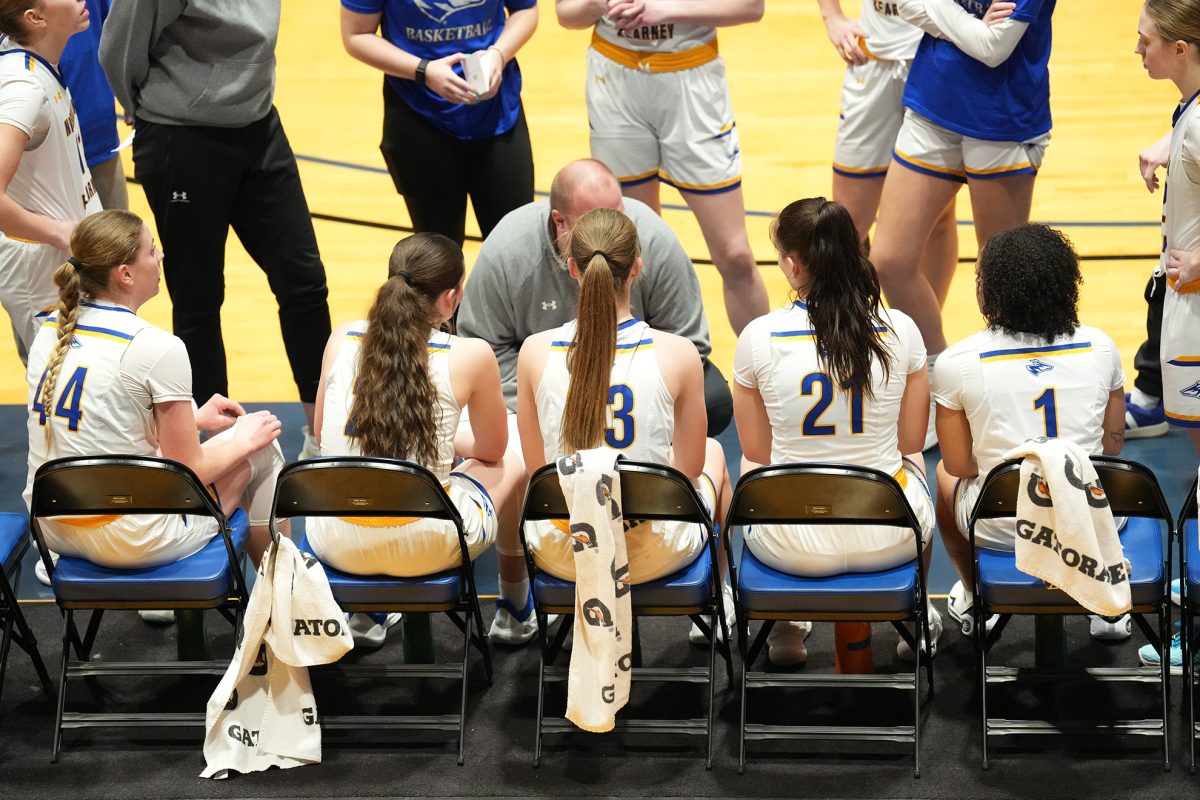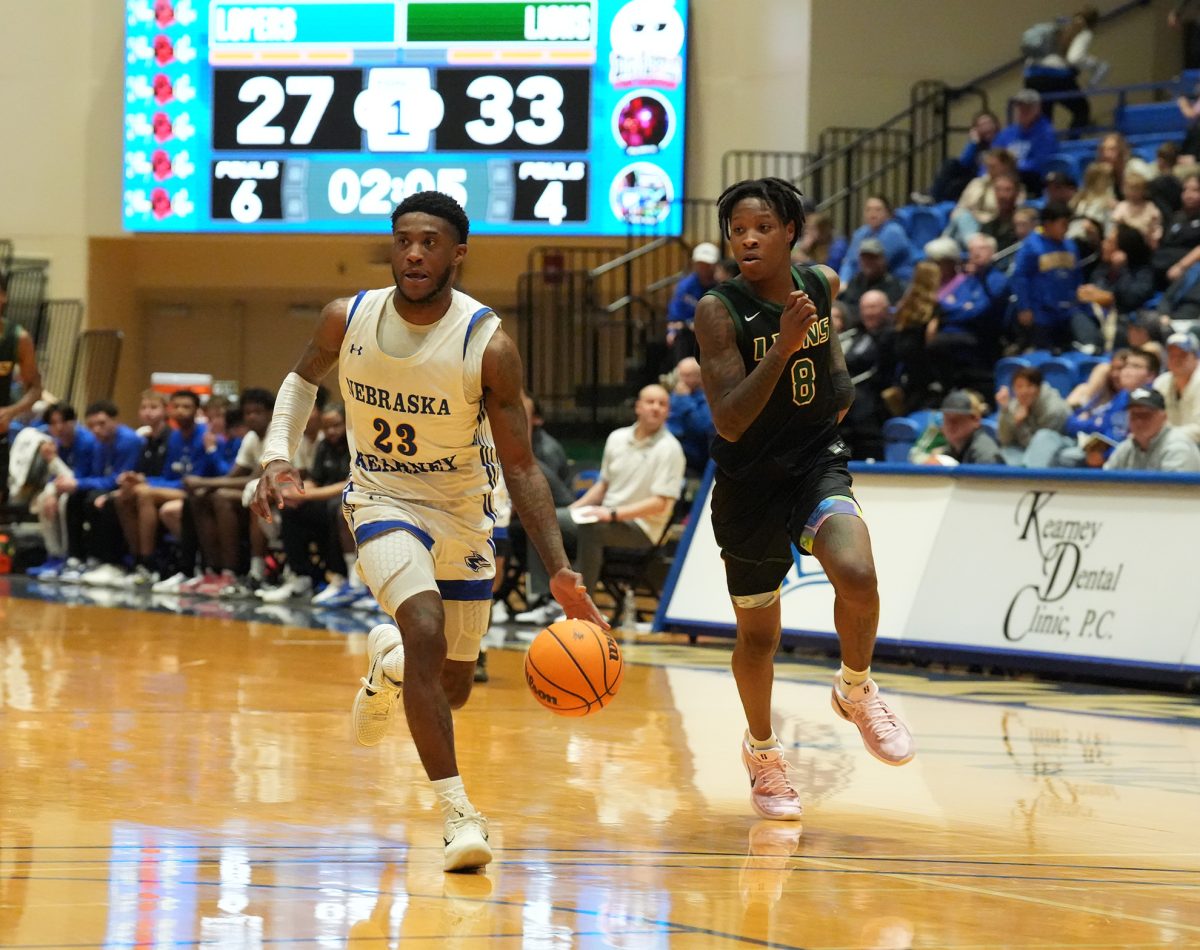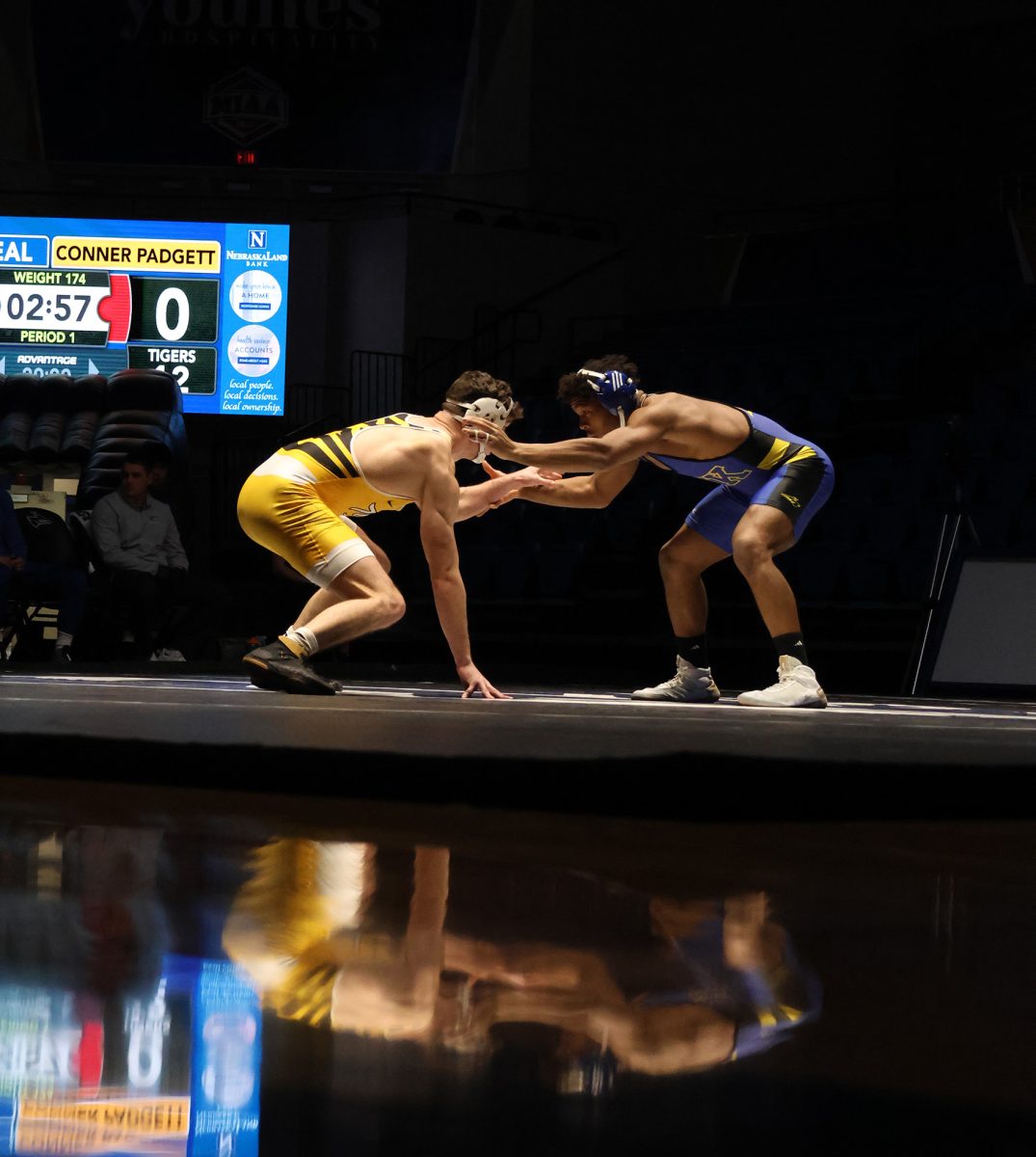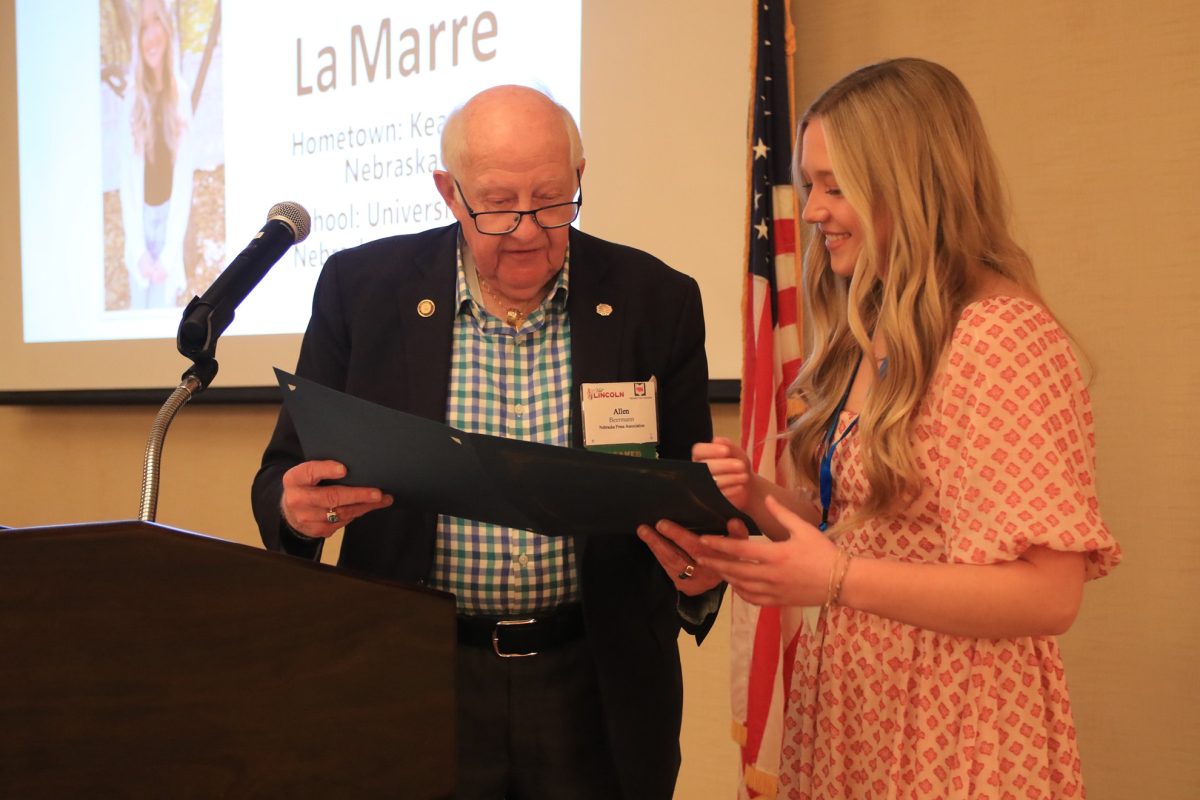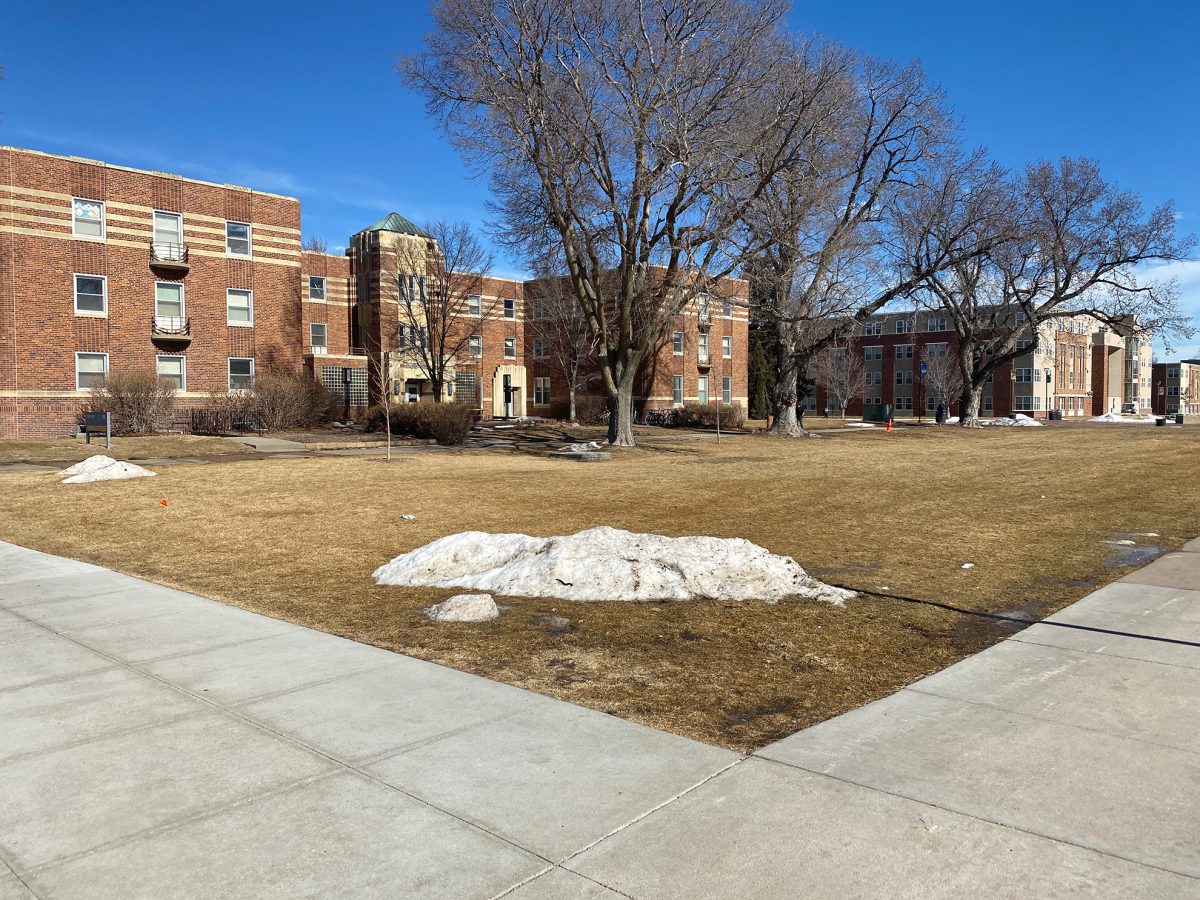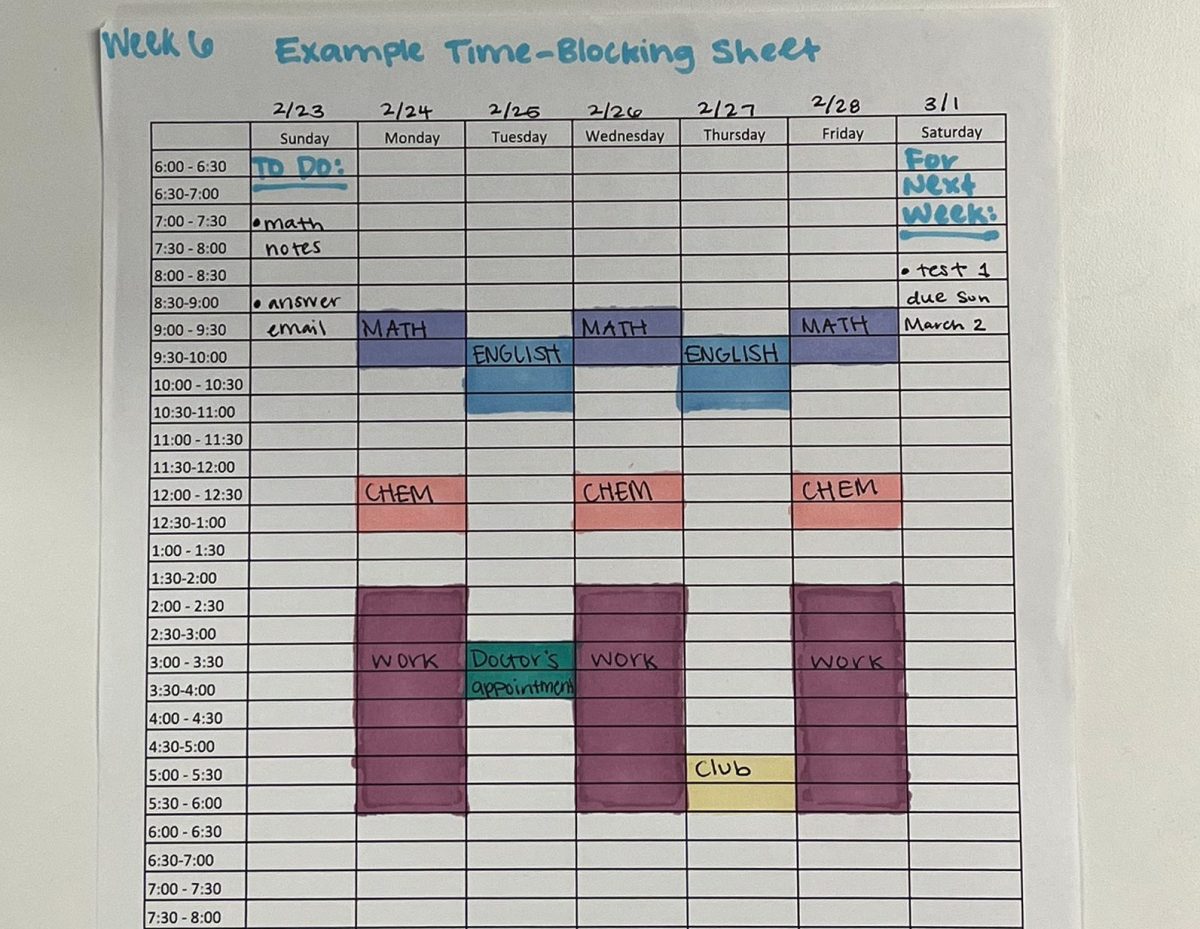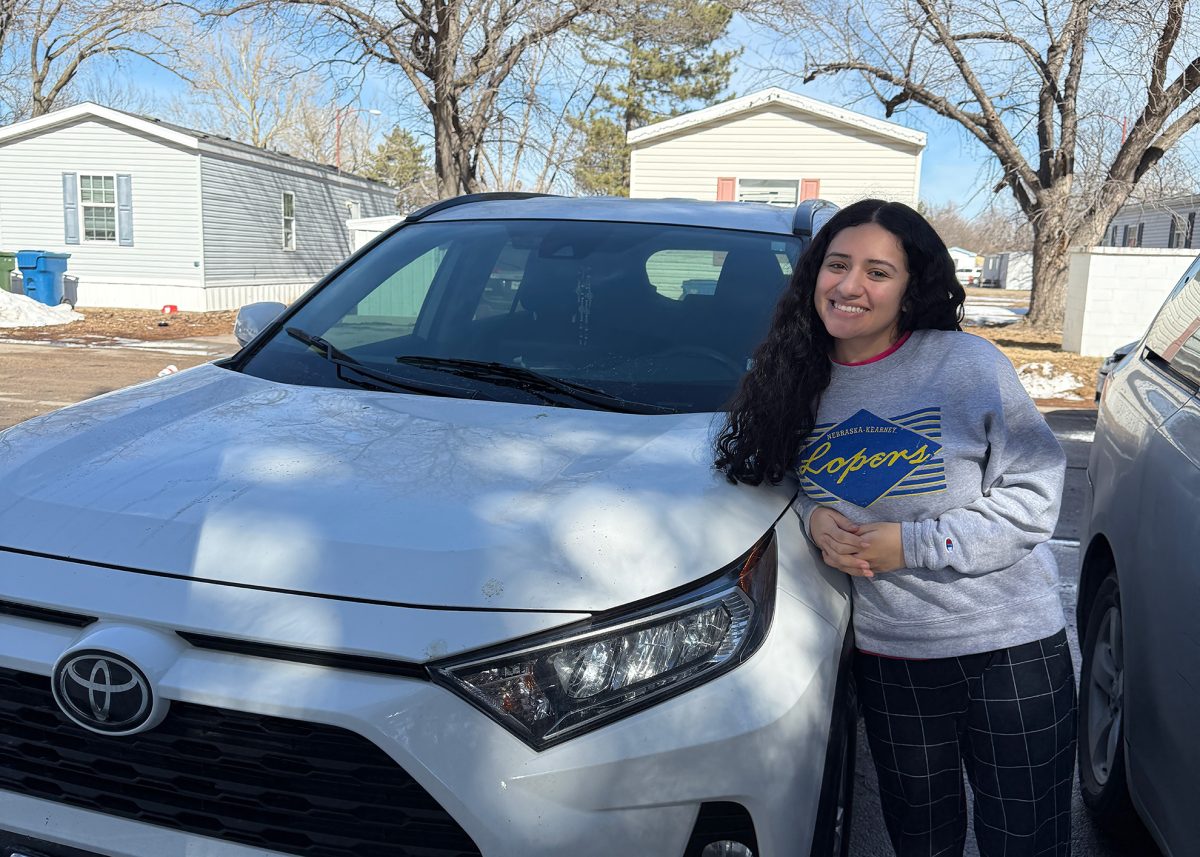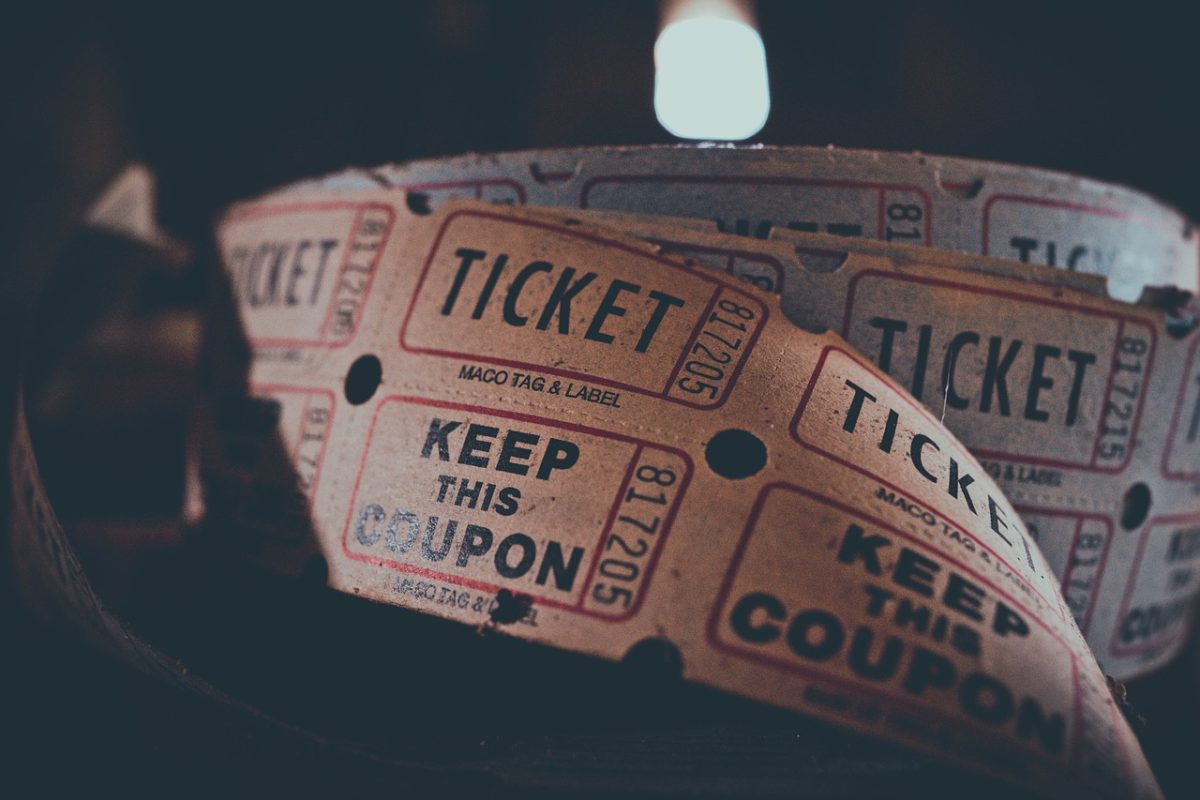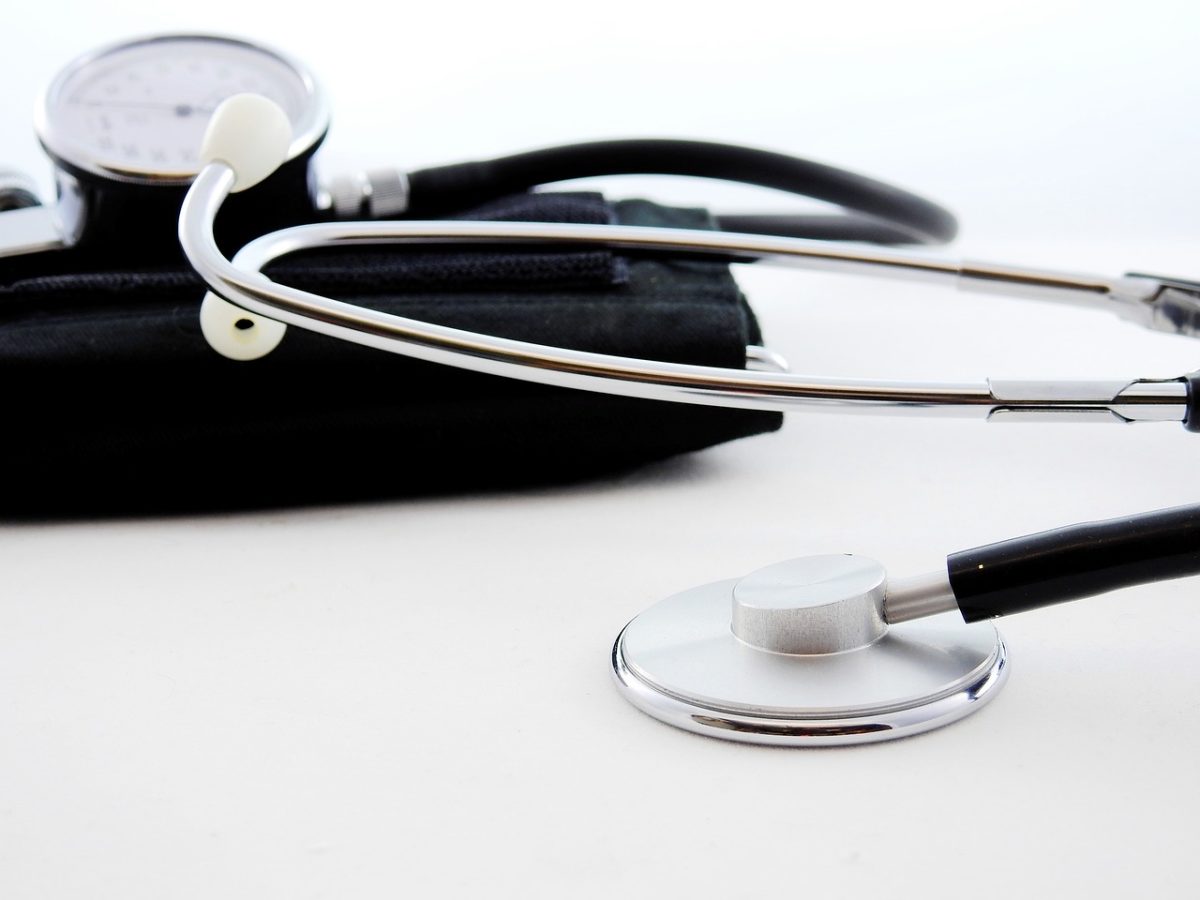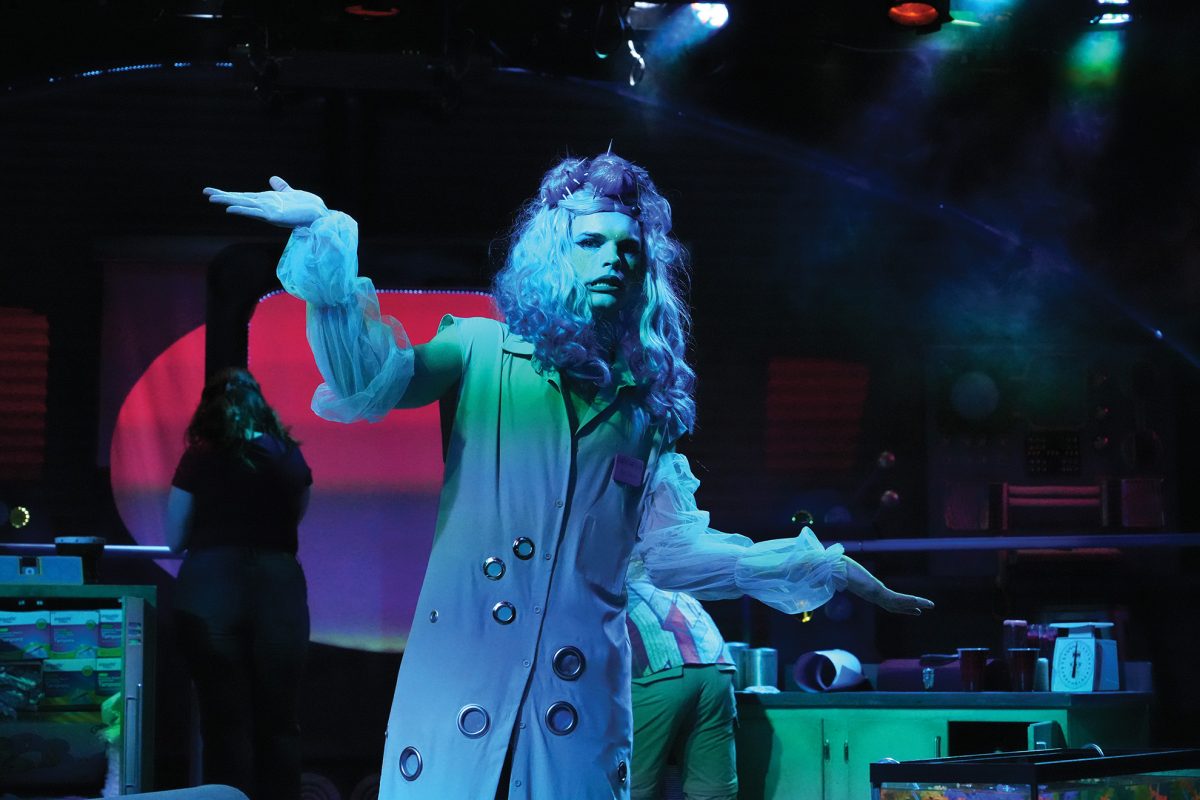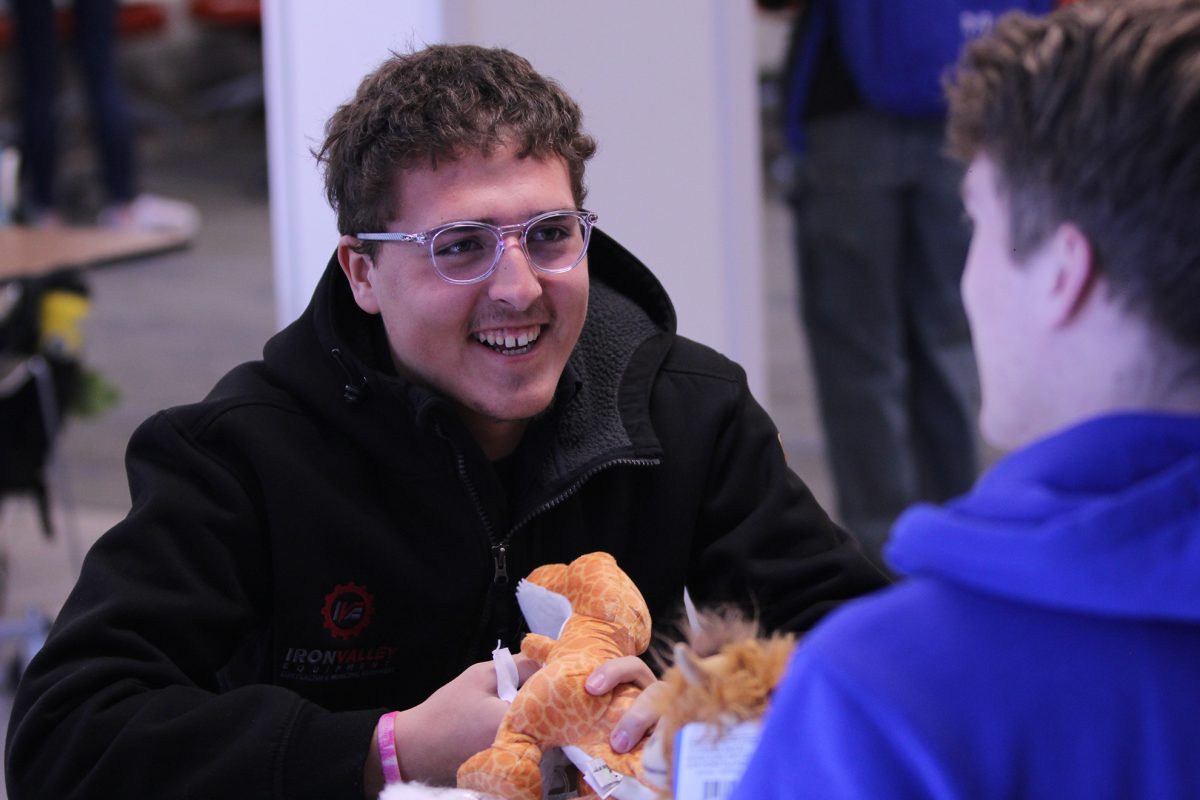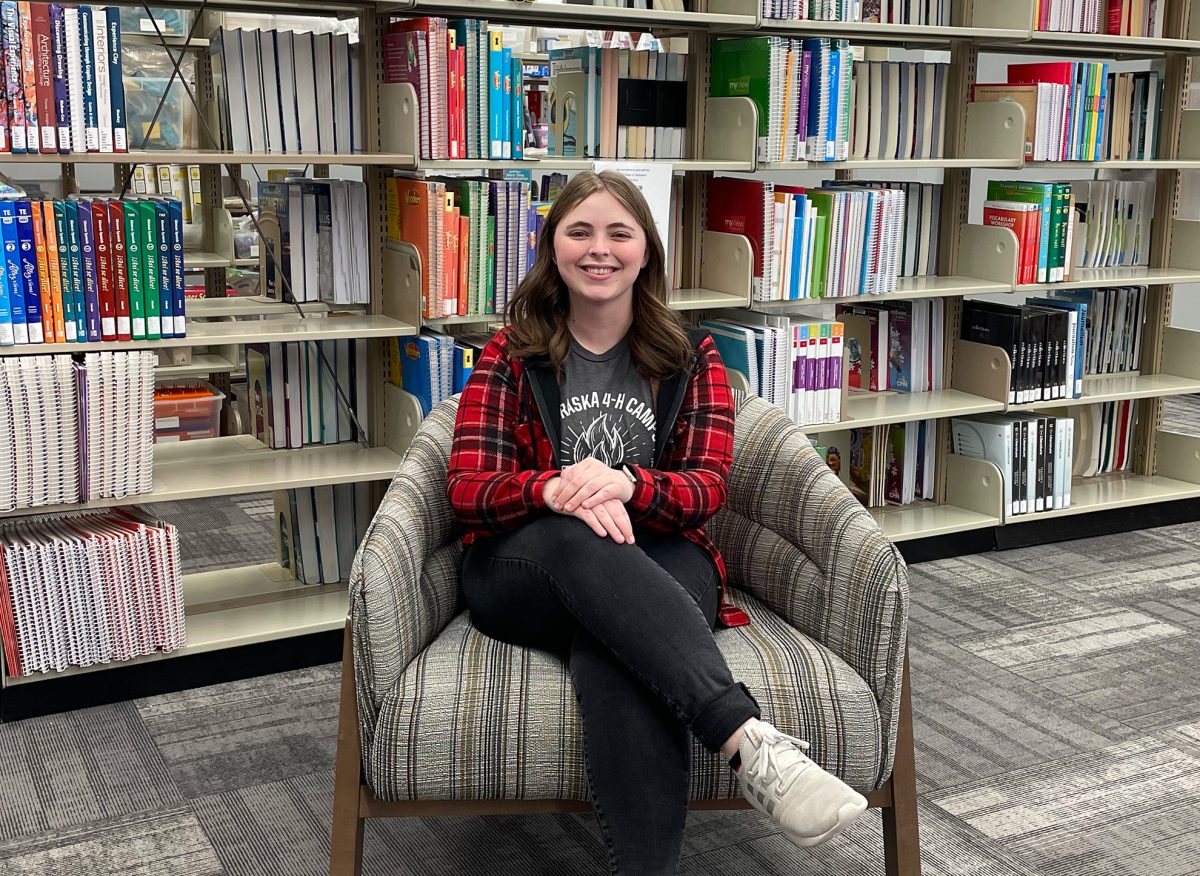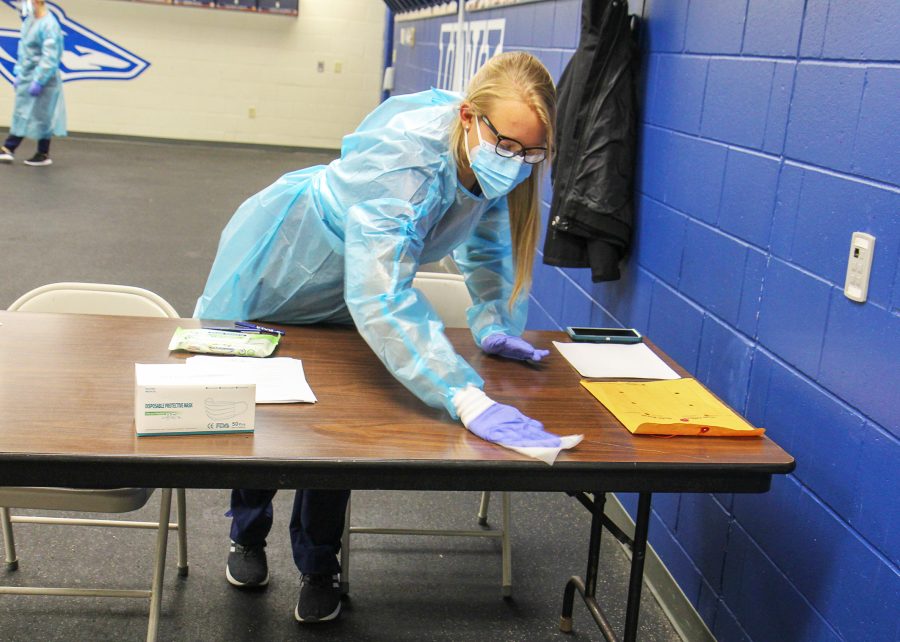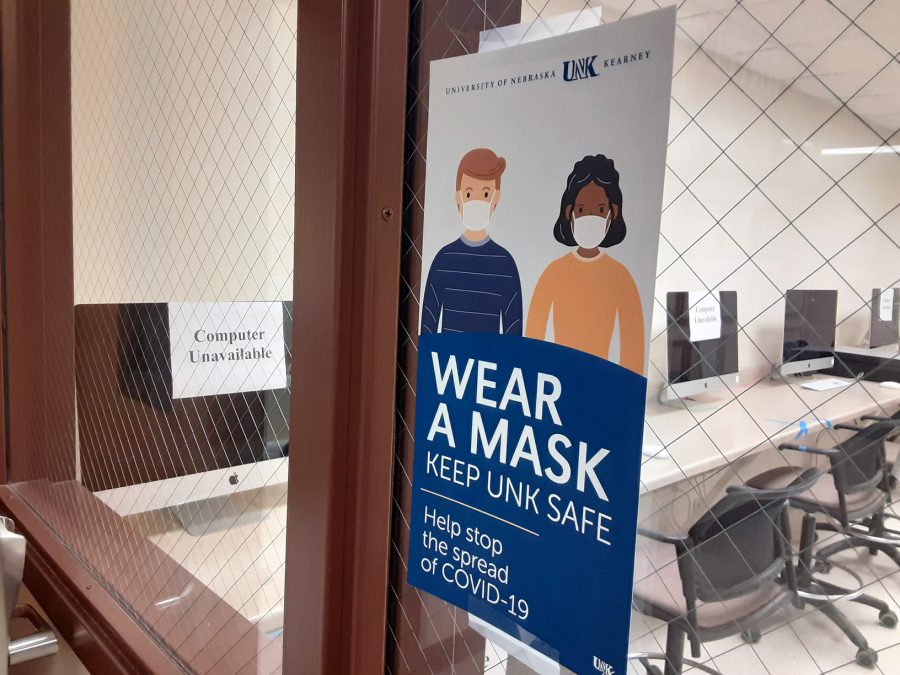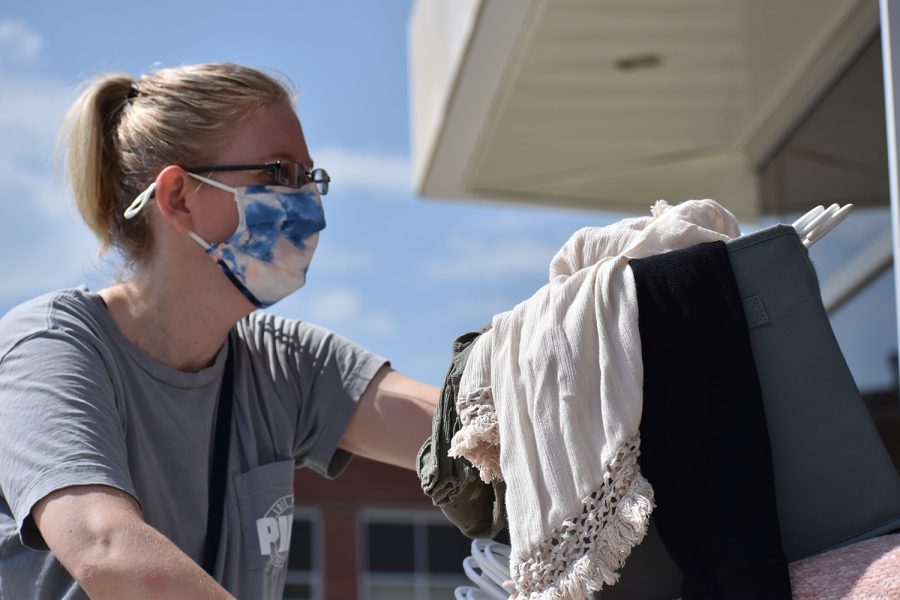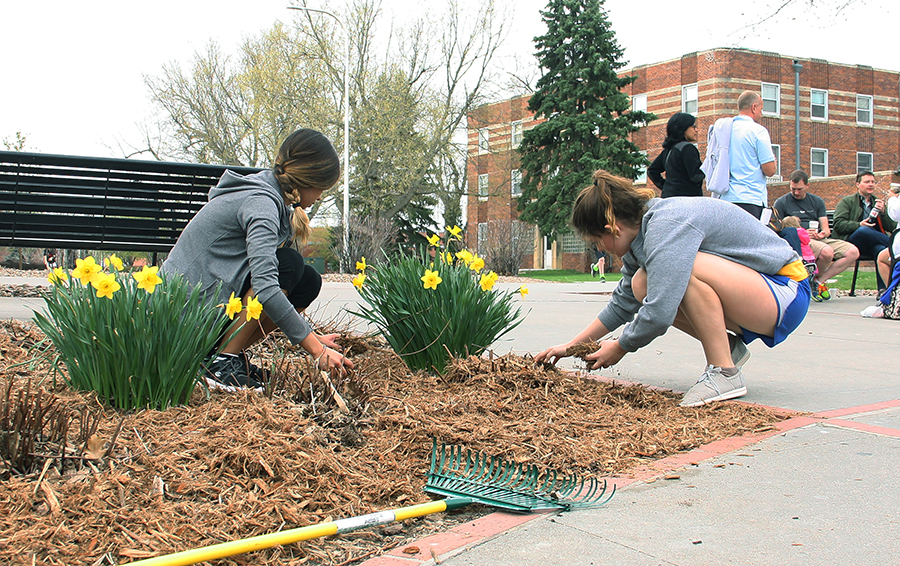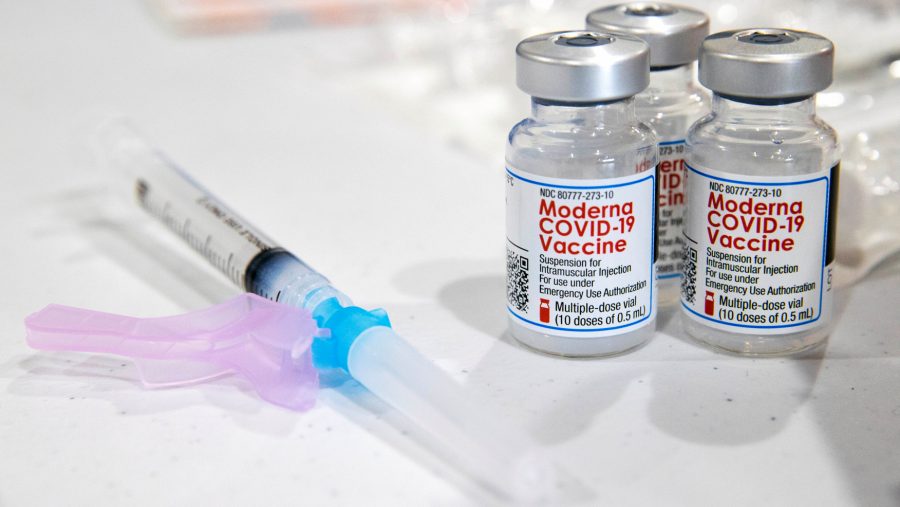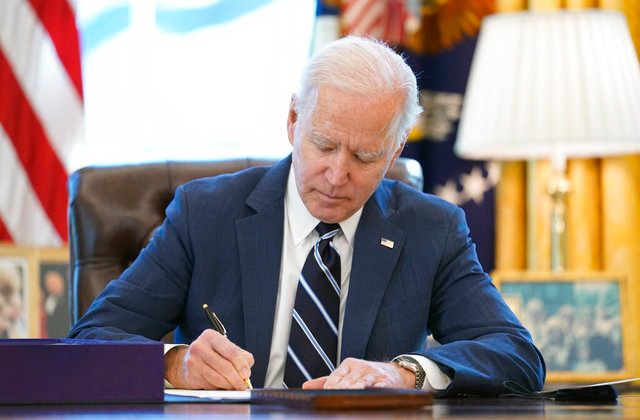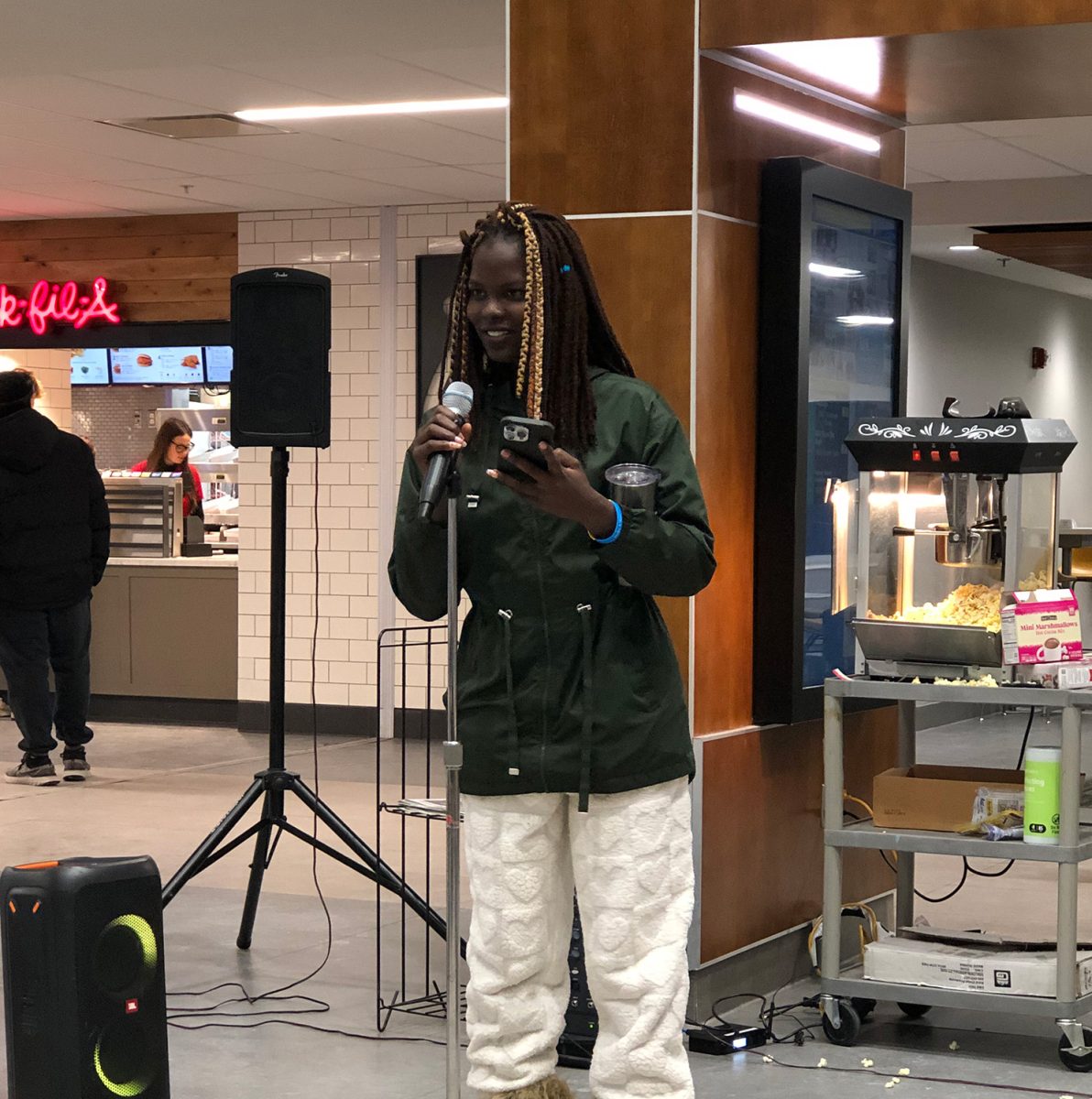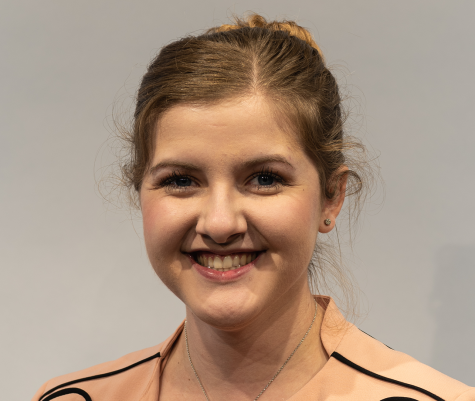mcdonaldge@lopers.unk.edu
COVID-19 tracing on campus is executed by UNK Student Health, the Public Health Center and trained UNMC students. If a student is in contact with a positive case, the contact tracers make decisions depending on the situation.
Two main questions are asked.
“Did everyone wear their masks to class, and were you 6 feet apart?” said Cindy Ference, the head contact tracer and associate director of Student Health. “I’m going to ask about the space you’re in. Now if both of you had masks, much less risk, and we don’t necessarily consider that a close contact because our public health department is considering it not a close contact.”
Other aspects considered by contact tracers are the air quality, how long they were in contact, what type of masks were worn and the respiratory health of those who were exposed.
Ference has two office associates assisting her with contact tracing and groups of UNMC students helping for clinical experience. The nursing students take a six to eight hour John Hopkins contact tracing course beforehand and assist with UNK tracing for four days.
Maria McDougall, a second year UNMC student, drew from her experience helping establish a Test Nebraska site in York this past spring.
“It was kind of interesting to go back and experience it again because I was used to it,” McDougall said. “It is a lot of phone calls, a lot of planning, and some people don’t answer their phones very well. A lot of the people I contacted though were extremely helpful and very friendly though.”
McDougall said one difficulty for her was contacting athletes because some were worried they would quarantine the whole team.
Athletes aren’t the only students trying to avoid “lockdown.”
“I think there’s probably some students that have a symptom or two, but they’re not calling because they don’t want to be locked up,” said John Falconer, senior advisor to the chancellor. “It’s not necessarily putting people in quarantine. You’ve got to weigh your individual needs and wants against the collective needs and wants.”
Falconer is also running the random COVID-19 testing at UNK and said this misconception may be discouraging students from participating in the campus-wide study.
The decisions made by contact tracers are unique to the situation and the people involved.
For example, Ference said if a student tests positive, the students who sat around the positive case in class will be questioned by tracers. But if distancing and mask guidelines were followed, they may not need to quarantine.
Seating charts are helpful in this instance, so the instructor knows which students were exposed. This way, the entire class will not be quarantined.
Another commonly asked question is whether a contact’s roommate or family members will need to quarantine.
“They’re actually a second line contact, and you’re watching the symptoms of the first quarantined person before you would pull in that next level,” Ference said.
If a student is showing symptoms or might have been in an at-risk situation, they are advised to use the Campus Clear app and/or call the Public Health Center at (308)-865-8279.



